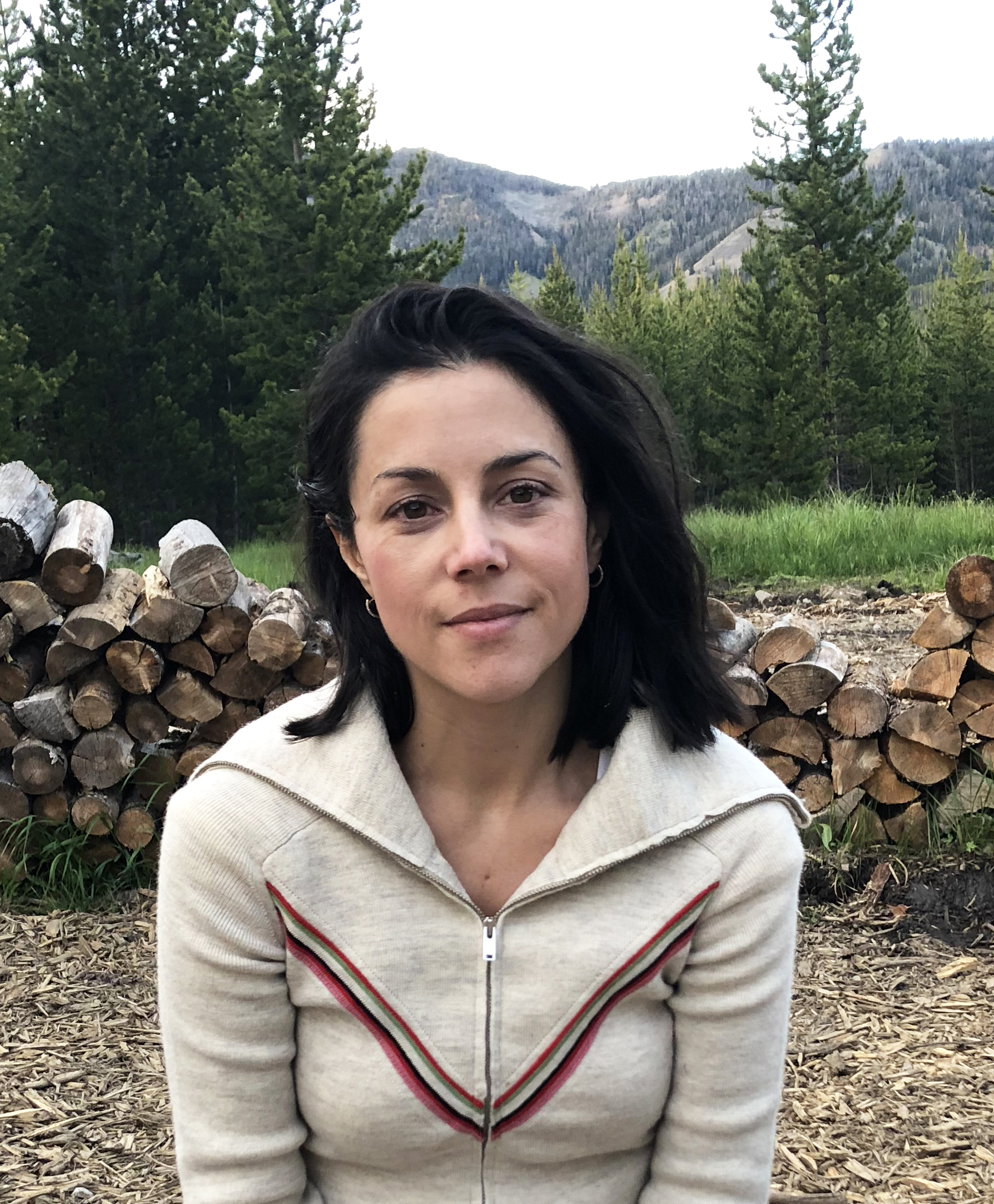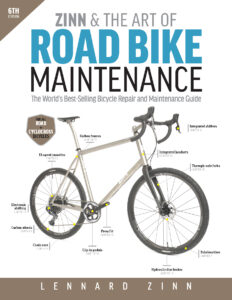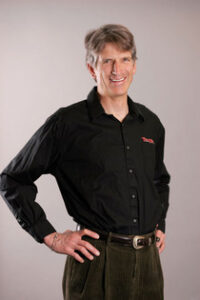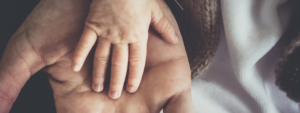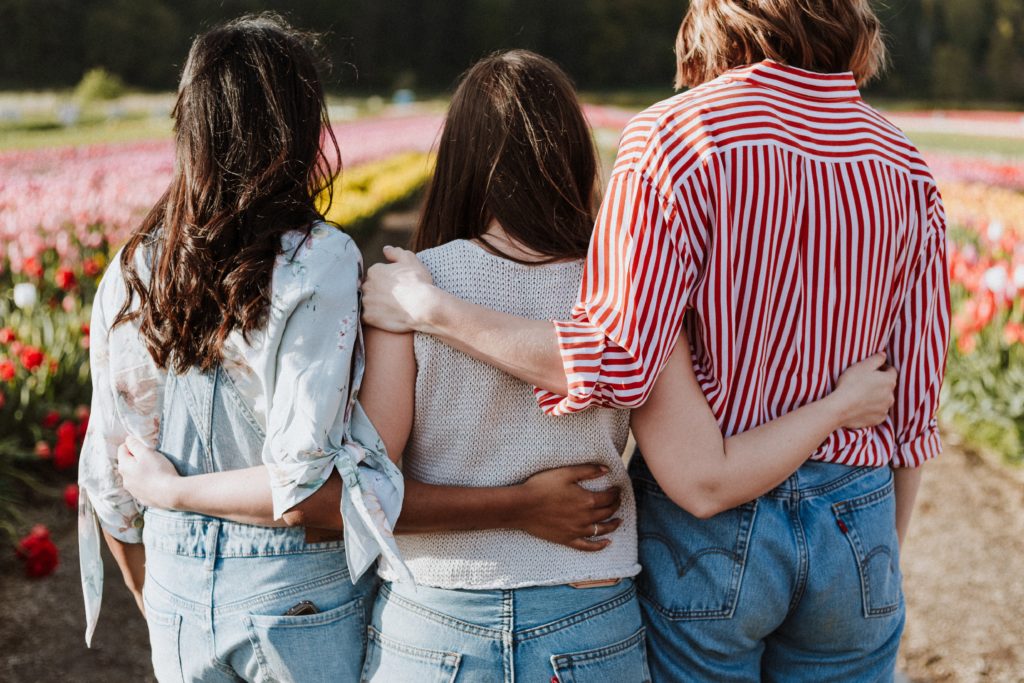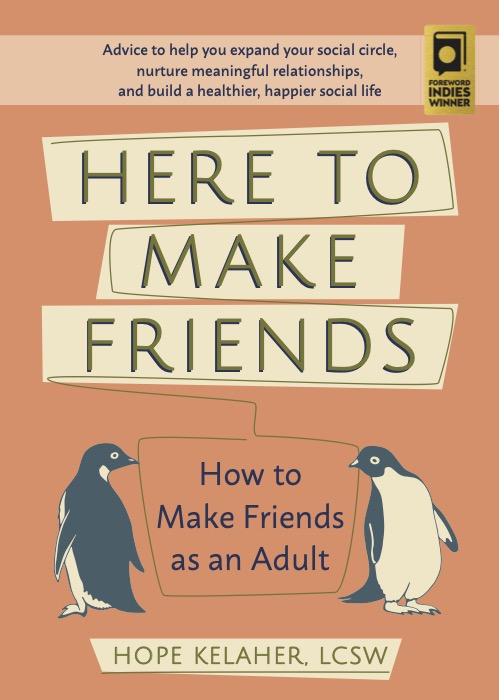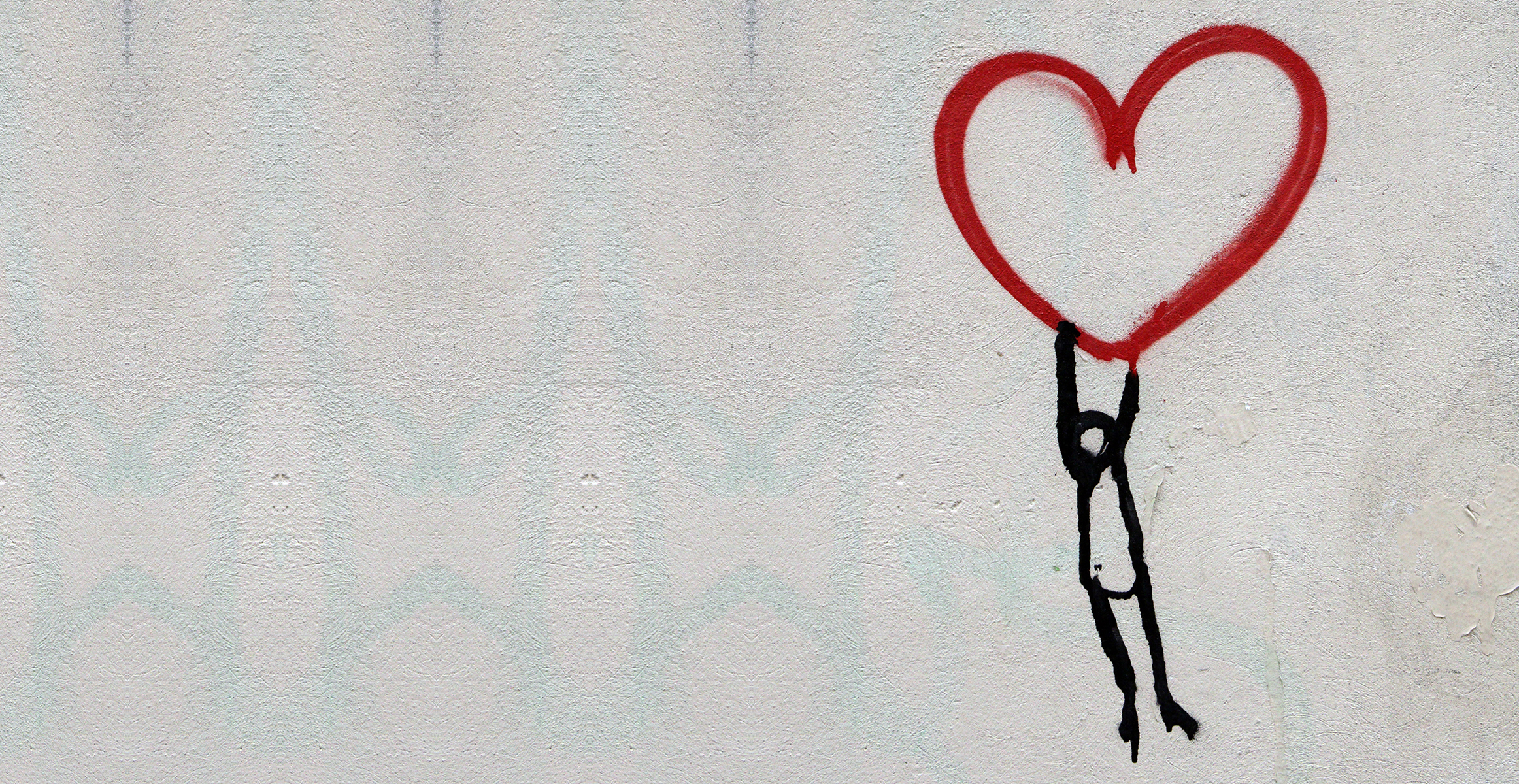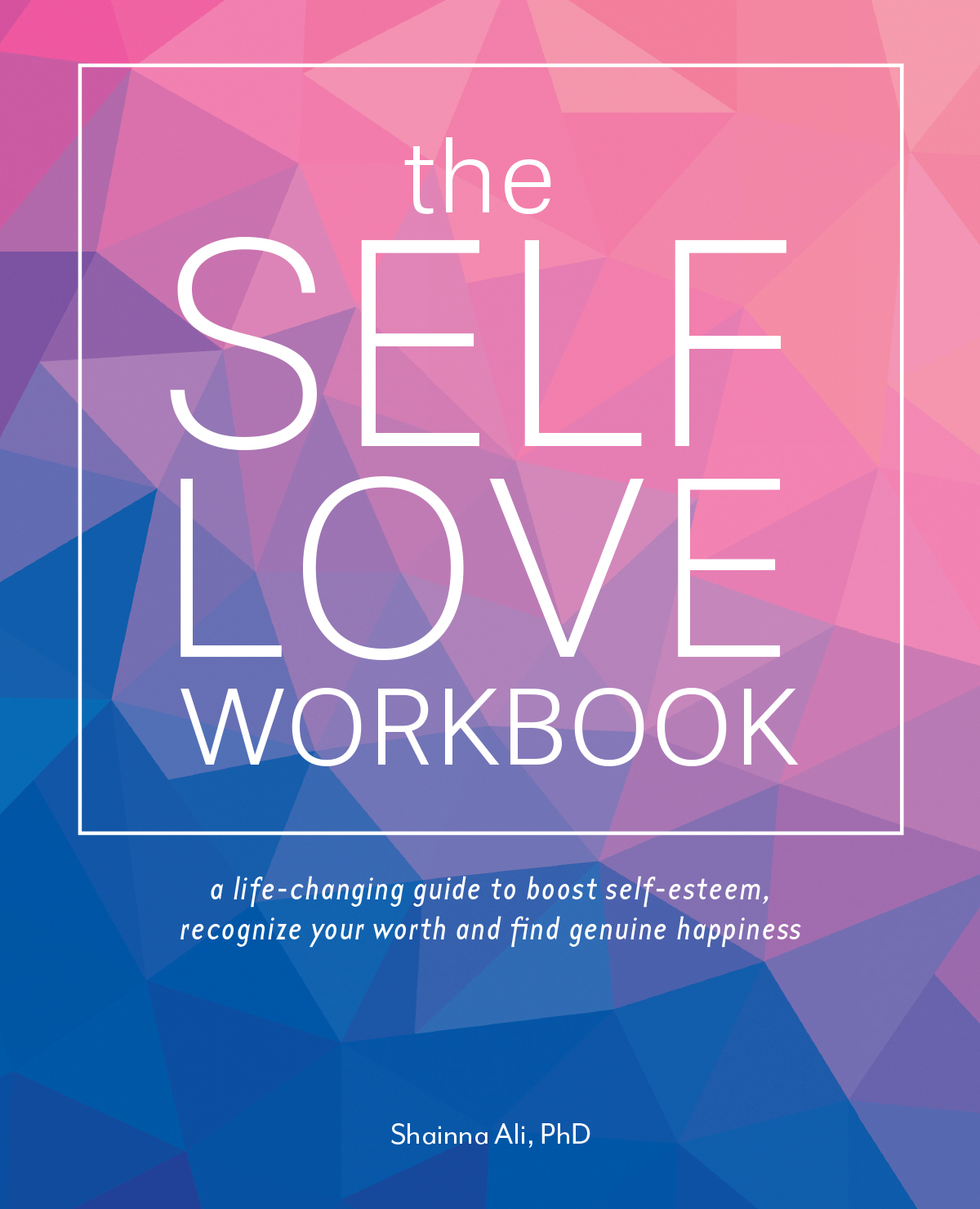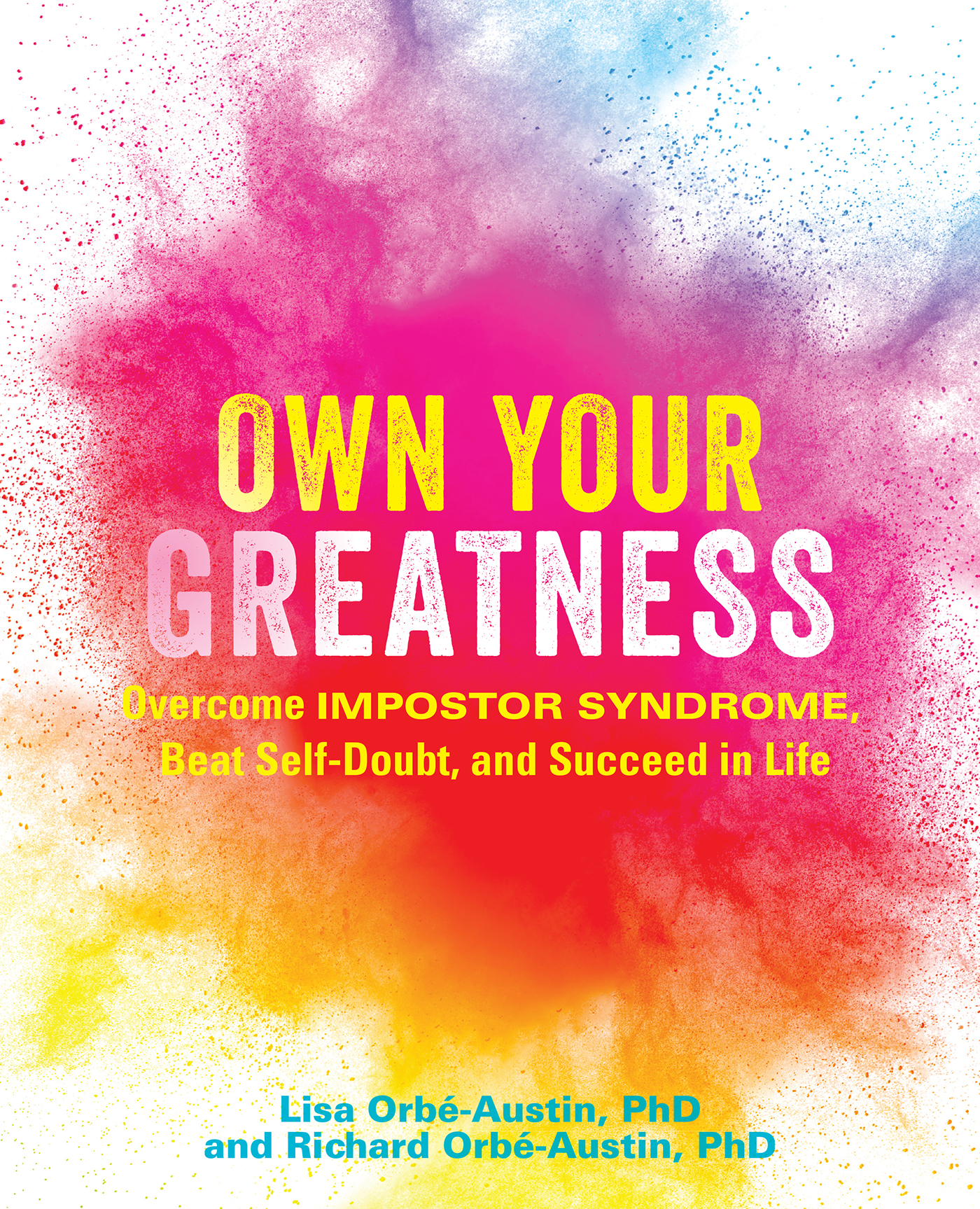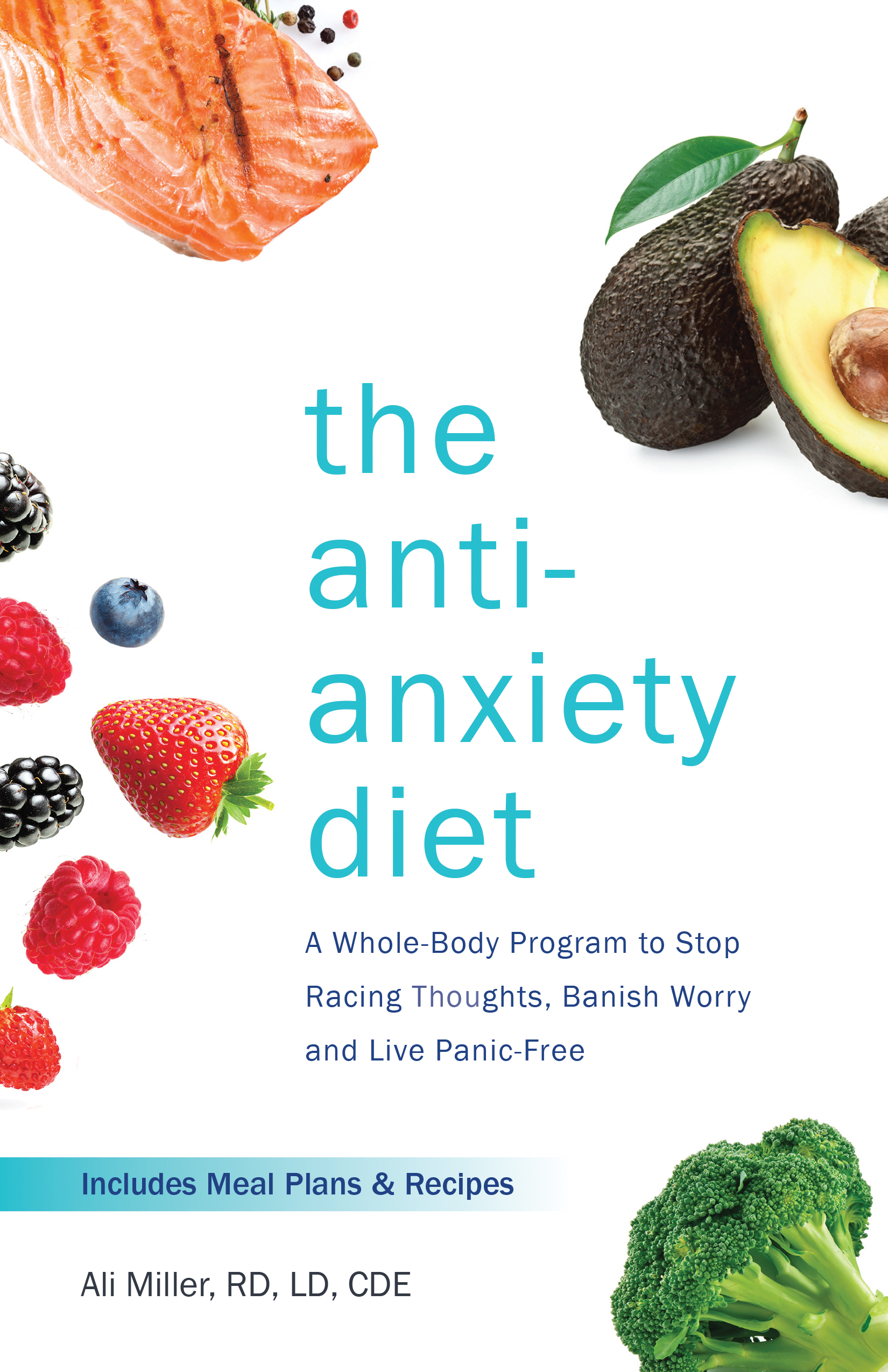
Make Friends as an Adult: Expert Tips on Lasting Friendship
- Self-Help
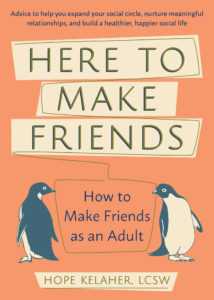 You’ve heard it all before: Take a dance class. Join a book club. Bring your dog to the dog park and engage with other dog parents. When trying to make friends as an adult, we often get advice that makes it seem like all we need to do is figure out how to meet new people, and a friendship will unfold easily from there.
You’ve heard it all before: Take a dance class. Join a book club. Bring your dog to the dog park and engage with other dog parents. When trying to make friends as an adult, we often get advice that makes it seem like all we need to do is figure out how to meet new people, and a friendship will unfold easily from there.
It sounds so easy, but we all know it’s not. Making friends as an adult is a tricky road to navigate, even for the most social of butterflies. That’s why licensed therapist Hope Kelaher wrote Here to Make Friends, a fun and interactive personal guide packed with exercises and research-based tips on how to make meaningful adult friendships. Stop scrolling through those articles claiming that all it takes is seven easy steps to make a new and lasting friendship. Instead, dive in to expert advice that gets to the heart of why it is so difficult to make new friends, and tips you can you use right away to grow your social circle with deep connections and meaningful relationships.
If you’re looking to make new friends outside of work, in a new city, or are just having trouble finding friends in adulthood, we think you’ll enjoy this sneak peak of some of the best advice Kelaher and her book has to offer!
“You don’t need to start from scratch.”
This is great news! You really don’t have to join that random book club or CrossFit class and introduce yourself to a dozen new people, praying that one will spark a new friendship (unless you want to). Instead, one of the first steps Kelaher encourages you to try is embracing your existing social networks. That’s right, you can use the friends and acquaintances you already have to jump start expanding your group of friends!
In Here to Make Friends, Kelaher provides exercises that help you think about and list people you are currently in contact with—anyone from your next door neighbor to your coworker that sits two cubicles behind you (see page 15 for the Quantity of Friendships exercise). Then, expand your list by adding some people you would like to get to know better. Don’t be afraid to ask a current friend to help with that first step of introducing yourself to one of the people you want to get to know better. This can help soothe any anxiety you (or the other person!) might experience at the thought of getting to know someone new.
It’s also helpful to look at your list of connections to see if anyone you already know is a connector. Kelaher says you can identify connectors as people who tend to be more extroverted, enjoy engaging with others, and are able to look at any situation and identify the perfect person for you.

“Remember that to be in high quality friendships you too must be a high-quality friend.”
You can’t expect someone to jump into a friendship with you if you’re not also offering some great qualities that promise a lasting friendship.
Kelaher says there are four dimensions that determine the quality of a friendship: reciprocity, interdependence, emotional intimacy, and conflict resolution. Get acquainted with how these dimensions manifest in friendships. For example, a friend with great reciprocity qualities is a good listener and knows when and when not to interrupt. Someone who excels at emotional intimacy never judges when you tell them a secret, a hope, or a fear. And they always offer a shoulder to cry on.
Really get to know yourself and assess the quality of friend you are (see the Personal Self-Assessment exercise on page 18). Then do the same for ten of your friends or acquaintances and compare the scores. It’s okay if your score is higher or lower than some of your friends. This exercise simply gets you to really take a look at what you really want and need in new friendships.
“Many times, we approach putting ourselves out there from a negative place instead of believing that people out there want to meet us!”
Okay. So you met a potential new friend and you want to move it along to the next level. Now comes the hard part: putting yourself out there. We all find this scary at times, even if you think of yourself as an extrovert.
First things first, know that you are resilient. Never forget that you’re a great person and people will generally want to get to know you! We’ve all been forced at one time or another to make the first move when meeting someone new, and we’ve experienced anxious thoughts about it.
One way Kelaher says to prepare yourself to make the first move is to envision all the times you put yourself out there and it worked. Maybe you just made a friendly comment to the person next to you in line at the grocery store or introduced yourself to some friends of a friend at a party. Remember how the world didn’t end? In fact, you probably felt empowered and maybe slightly giddy that you pushed fear aside and spoke up. Use that to reassure yourself that you can do this.
When you do go to meet potential new friends—with your feelings of resilience and empowerment intact—Kelaher suggests you also pay attention to your nonverbal communication. (See Tuning in with Nonverbal Communication exercise on page 215.) In a first meeting, nonverbal communication can be just as important as what you choose to talk about. If you’re sitting with your shoulders hunched forward and a worried frown, you’re not exactly reassuring your new friend that this will be a fun experience. Remember, people out there want to get to know you, so make sure your body language reflects how open and welcoming you are to making this new friendship last!
To learn more from Hope Kelaher about how to make friends as an adult, check out her book Here to Make Friends!
– Kierra Sondereker
Images via Unsplash
Here to Make Friends
Skip the small talk and learn how to build a supportive community, engage with new people, and cultivate authentic, long-lasting friendships at every stage of life. It sometimes seems like everyone has a big, happy, fulfilling social life,
How to Make Friends as an Adult: Advice to Help You Expand Your Social Circle, Nurture Meaningful Relationships, and Build a Healthier, Happier Social Life
Hope Kelaher
Hope Kelaher is a therapist based in New York City. She has extensive training in relational and systemic therapy and received post-graduate training from The Ackerman Institute for the Family. Hope has a degree in public health from The Johns
See All Authors